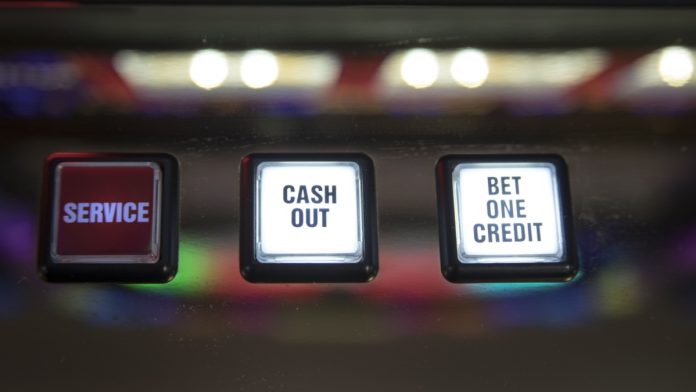North Carolina lawmakers are considering changes to the state’s gaming laws ahead of a new legislative session.
Lawmakers in the Tar Heel State are set to gather on Wednesday to start the 2024 legislative session, which could see a myriad of changes made before Sine Die.
North Carolina is entering a new legislative session with a projected $34.4 billion annual budget for FY2024-25. The budget is a $1 billion increase from previous estimates by the Consensus Forecasting Group, which is comprised of economists at the Office of State Budget and Management and the General Assembly’s Fiscal Research Division.
Lawmakers are aiming to add to future budgets with licensed video lottery terminals.
VLTs will be a topic of discussion throughout the 2024 legislative session. The gaming machines have been banned in North Carolina but retail businesses across the state have been operating VLTs without regulation. That could change this legislative session as lawmakers consider plans to legalize VLTs and generate revenue from the machines.
North Carolina would join 10 other states across America that offer regulated VLTs. The state could generate $400 million in revenue from VLTs by 2029, according to General Assembly estimates. Revenue could be allocated toward law enforcement and education.
According to Rep. Harry Warren, up to 100,000 illegal VLTs operate across North Carolina.
Last year, state lawmakers considered adding VLTs to gaming legislation but concerns regarding casino development caused supporting measures to dissolve. VLTs have also drawn backlash over concerns regarding their accessibility and ability to cause addiction.
“We know from research that machines are more likely to lead to addiction faster than some other forms of gambling because of the psychology of the design,’’ Gambling Research and Policy Initiative Director Dr. Michelle Malkin told the Greensboro News and Record. “Gambling addiction or ‘disordered gambling’ can sneak up on people who feel even a slight pull toward games of chance.”
Horse racing to be discussed in North Carolina
Lawmakers are also considering changes to horse racing laws. Parimutuel horse racing has been approved in North Carolina at specific sports facilities but with stringent regulations that include a $1 million licensing fee for operators to gain access for a five-year term.
By comparison, New York requires a $20,000 annual licensing fee for parimutuel wagering. North Carolina regulators have proposed permitting advance deposit wagering operators to secure partnership deals with sportsbooks to alleviate costs, which requires amendments.
Strong start in the Tar Heel State
Potential changes to North Carolina’s gaming laws come as the state debuted as America’s newest sports betting market on March 11. According to data provided by the North Carolina State Lottery Commission, the Tar Heel State posted a total online sports betting handle of $659.3 million in March, which included $202.6 million in promotion bets.
The handle generated $66.4 million in gross gaming revenue in March with winnings paid to bettors reaching $590.7 million for the month. The State’s Department of Revenue collected $11.9 million in tax revenue over the three-week period behind an 18% tax rate.
North Carolina could generate $64 million in tax revenue from sports betting in 2024, according to fiscal estimates.
Potential changes to college sports wagering
College player props could bite the dust in North Carolina.
According to a WRAL report, Rep. Marcia Morey is planning to introduce legislation to ban college player props in the state. The looming bill follows a request by NCAA President Charlie Baker for states to prohibit individual college player props to protect the integrity of competition and prevent harassment against student-athletes. Morey’s bill is poised to face opposition from fellow North Carolina lawmakers as some have voiced their disapproval of a player prop ban.
“It would be more productive to introduce legislation banning the NCAA,” said Sen. Jim Perry last month on X, formerly Twitter.














